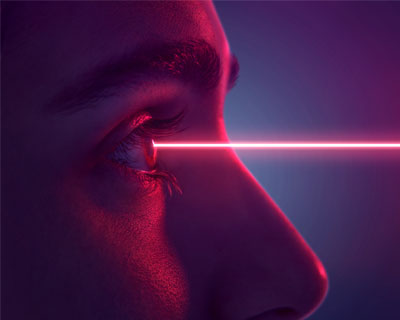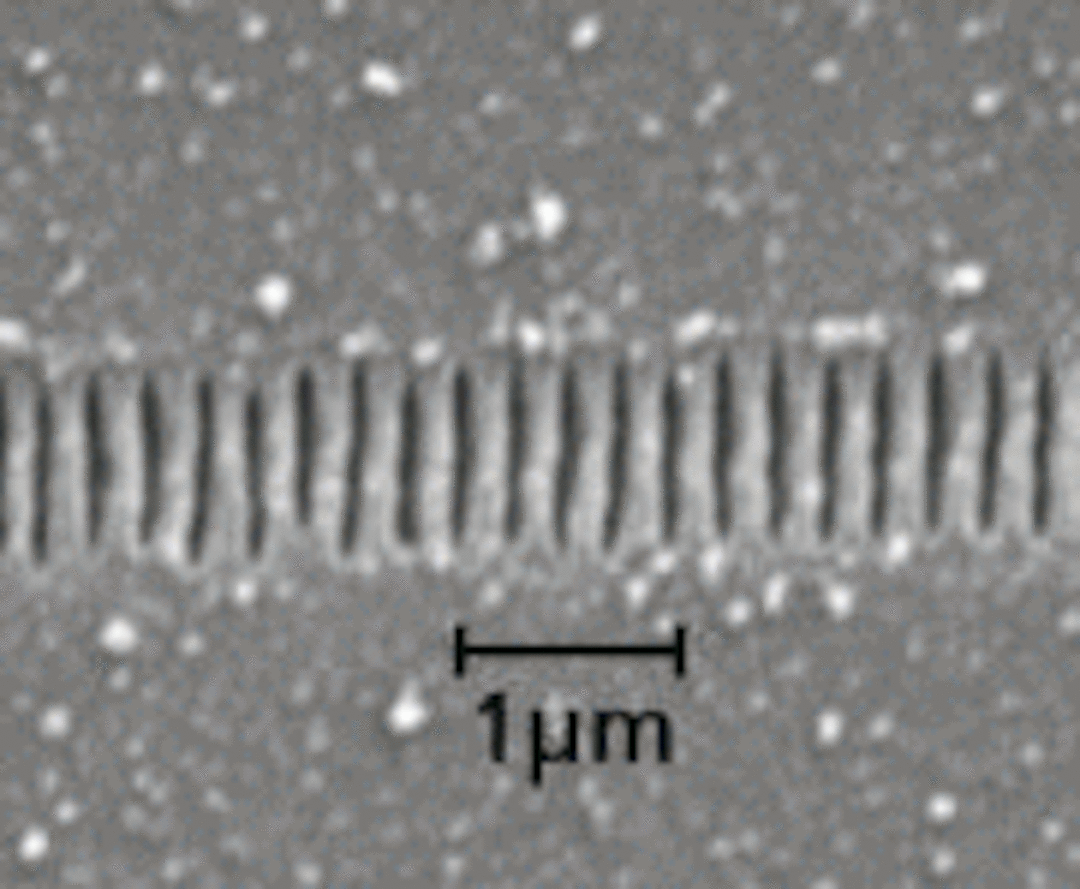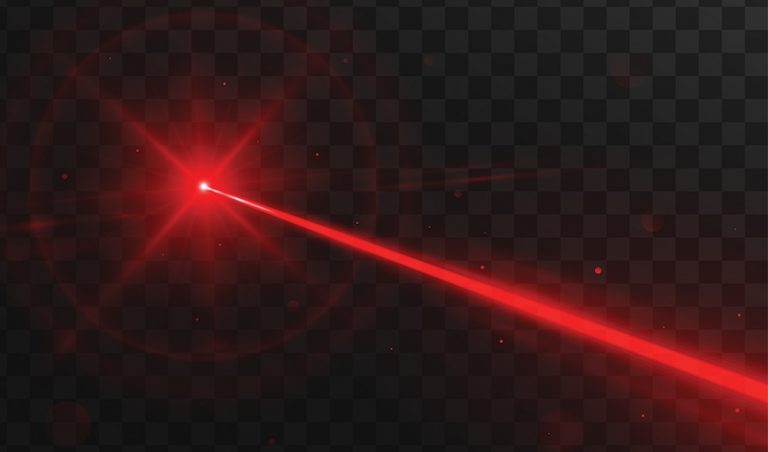Evaluation of the performance of nano-lasers in Medical nano laser (PhD in nano-microelectronics)
Researcher and author: Dr. ( Afshin Rashid)

Note: The applications of nano-lasers in medicine have made significant progress. The ability to modify a variety of functions on a small scale and use shorter application times on body tissues than nano-lasers These applications generally provide upgrades to nano-lasers with unique capabilities for building medical devices.
Medical nano-lasers are used in many treatments and rapid reconstructions based on medical nano-lasers , including ophthalmology - oral and dental and urology, dermatology, and as a scalpel nano-laser.

The applications of nano-laser in medicine are not limited to one or more fields and have penetrated almost all fields, and in the future, more advanced aspects of its diagnostic and therapeutic applications will be realized. Including (ophthalmology - oral and dental and urology, dermatology, and as a surgical knife is also used nano laser. In soft tissue surgery, the nano-laser acts like a knife, but it has advantages over the knife. First, in the cutting path, its mechanism is such that it creates good coagulation. This is an advantage for some who have coagulation problems. Also, with the resulting coagulation, the surgeon will have a better view of the surgical site. Second, as the lymphatic vessels close, the swelling and inflammation caused by the surgery will decrease, and eventually, the patient will have fewer discomforts after the surgery. Also, the surgical site will heal faster. In addition, the surgeon with nano-laser is able to make very small, precise and controlled cuts, can even reduce the cutting time to several million seconds in pulsed nanocarses. These benefits help surgeons have better maneuverability in oral soft tissue surgeries, especially if microscopic.

The infrared beam of the nano-laser is absorbed by the water molecules in the tissue and causes these molecules to evaporate rapidly, resulting in tissue cutting. Nano-laser as a scalpel not only performs the incision but also causes the cut vessels to heal, which is why nano-laser surgery is usually bleeding-free. Therefore, nano-laser is used in surgeries where the patient has poor blood coagulation. Nano-laser surgery is painless because the duration of the nano-laser pulse will be short and the sensory nerves will not have enough time to feel the impact.

Conclusion :
The applications of nano-laser in medicine are not limited to one or more fields and have penetrated almost all fields, and in the future, more advanced aspects of its diagnostic and therapeutic applications will be realized. Including (ophthalmology - oral and dental and urology, dermatology, and as a surgical knife is also used nano laser.
Researcher and author: Dr. ( Afshin Rashid)
PhD in Nano-Microelectronics





